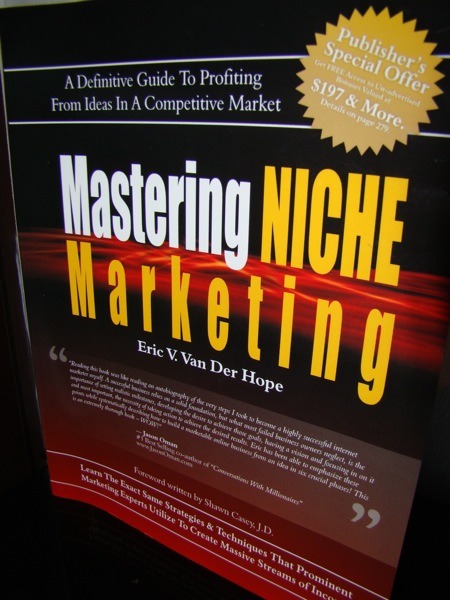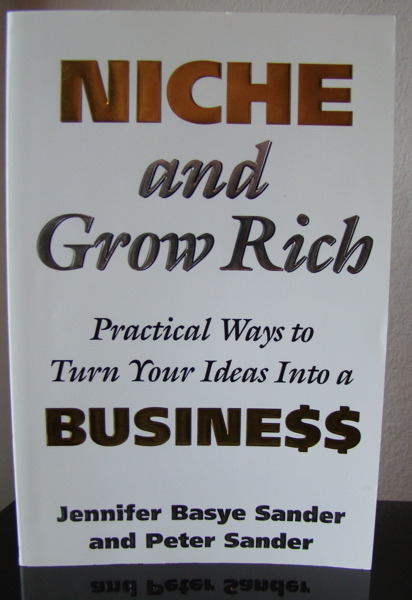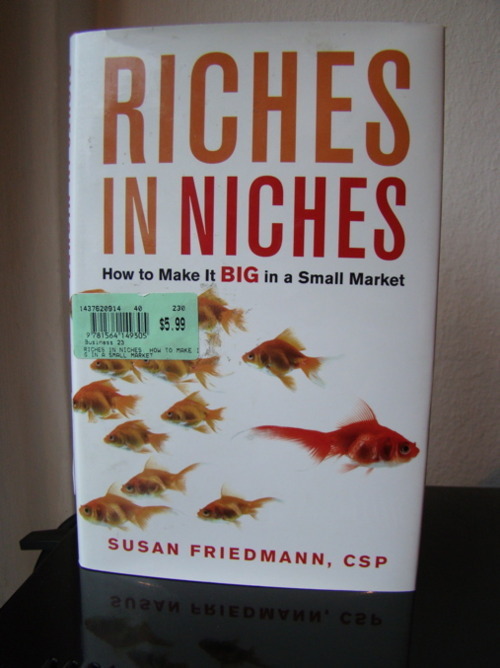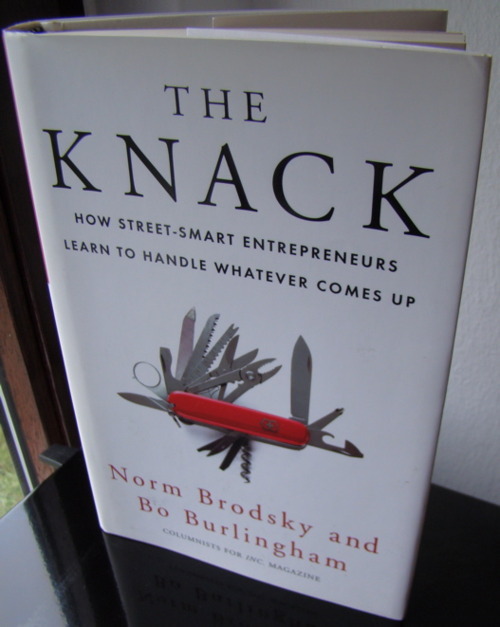
What is it about?
How do you build a niche product, e.g. an ebook and market it properly? Eric Van Der Hope shows how to find product ideas, create products and sell them.
Key points?
Write your goals down: Before you start, you should think about your goals. What do you want and how can you reach this? You can start at a farer horizon, e.g. 5 years in the future and plan top-down how to reach these goals.
Test your idea: He presents some key features of good niche markets. You need to check if there is few competition. If there’s too much, it’s already too hard to enter, but if there’s none, you should ask yourself why nobody had the idea, yet. The next step is to check the willingness to buy. Do people in this market normally pay money? For example, it’s probably hard to sell to open source developers because they aren’t accustomed to pay for most stuff. The next step is to check if there is any need, you have a hard time to sell if nobody really wants your product. The last step is to check if this is a sustainable market. I.e. is it just a hype or can it bring your steady revenue for the next years?
Know your customer: If you found your niche market, you should try to find out as much as possible about your customers. To write your copy and set your pricing, you should know what their problems are, a little bit demographics, maybe whom they trust, etc.
Conclusion
I think the cover looks extremely scammy, though some chapters are really useful. Especially, I like the niche finding and the very first chapter about setting goals. Sadly, most of the book got some dubious practices.



